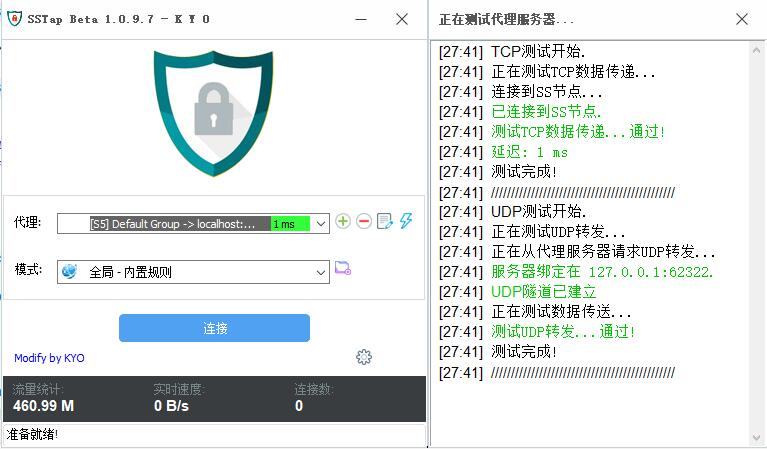SMPP 3.4
This is an implementation of SMPP 3.4 for Go, based on the original smpp34 from Kevin Patel.
The API has been refactored to idiomatic Go code with more tests and documentation. There are also quite a few new features, such as a test server (see smpptest package) and support for text transformation for LATIN-1 and UCS-2.
It is not fully compliant, there are some TODOs in the code.
Usage
Following is an SMPP client transmitter wrapped by an HTTP server that can send Short Messages (SMS):
func main() {
// make persistent connection
tx := &smpp.Transmitter{
Addr: "localhost:2775",
User: "foobar",
Passwd: "secret",
}
conn := tx.Bind()
// check initial connection status
var status smpp.ConnStatus
if status = <-conn; status.Error() != nil {
log.Fatalln("Unable to connect, aborting:", status.Error())
}
log.Println("Connection completed, status:", status.Status().String())
// example of connection checker goroutine
go func() {
for c := range conn {
log.Println("SMPP connection status:", c.Status())
}
}()
// example of sender handler func
http.HandleFunc("/", func(w http.ResponseWriter, r *http.Request) {
sm, err := tx.Submit(&smpp.ShortMessage{
Src: r.FormValue("src"),
Dst: r.FormValue("dst"),
Text: pdutext.Raw(r.FormValue("text")),
Register: pdufield.NoDeliveryReceipt,
TLVFields: pdutlv.Fields{
pdutlv.TagReceiptedMessageID: pdutlv.CString(r.FormValue("msgId")),
},
})
if err == smpp.ErrNotConnected {
http.Error(w, "Oops.", http.StatusServiceUnavailable)
return
}
if err != nil {
http.Error(w, err.Error(), http.StatusBadRequest)
return
}
io.WriteString(w, sm.RespID())
})
log.Fatal(http.ListenAndServe(":8080", nil))
}
You can test from the command line:
curl localhost:8080 -X GET -F src=bart -F dst=lisa -F text=hello
If you don't have an SMPP server to test, check out Selenium SMPPSim. It has been used for the development of this package.
Tools
See the tools under cmd/. There's a command line tool for sending SMS from the command line, and an HTTP server with WebSocket support.
Supported PDUs
- bind_transmitter
- bind_transmitter_resp
- bind_receiver
- bind_receiver_resp
- bind_transceiver
- bind_transceiver_resp
- outbind
- unbind
- unbind_resp
- submit_sm
- submit_sm_resp
- submit_sm_multi
- submit_sm_multi_resp
- data_sm
- data_sm_resp
- deliver_sm
- deliver_sm_resp
- query_sm
- query_sm_resp
- cancel_sm
- cancel_sm_resp
- replace_sm
- replace_sm_resp
- enquire_link
- enquire_link_resp
- alert_notification
- generic_nack
- tag-length-value (TLV)
Copyright
See LICENSE and AUTHORS files for details.




